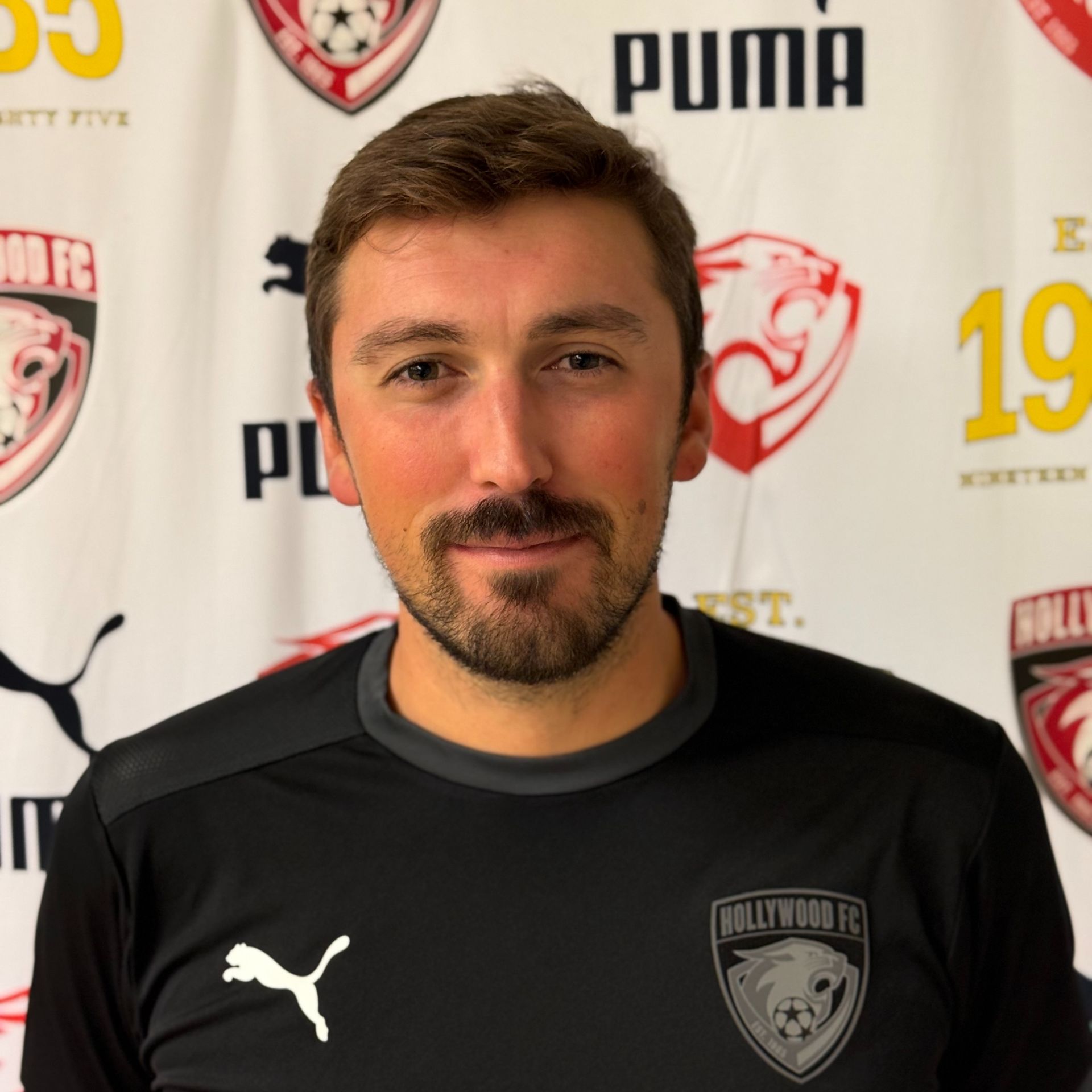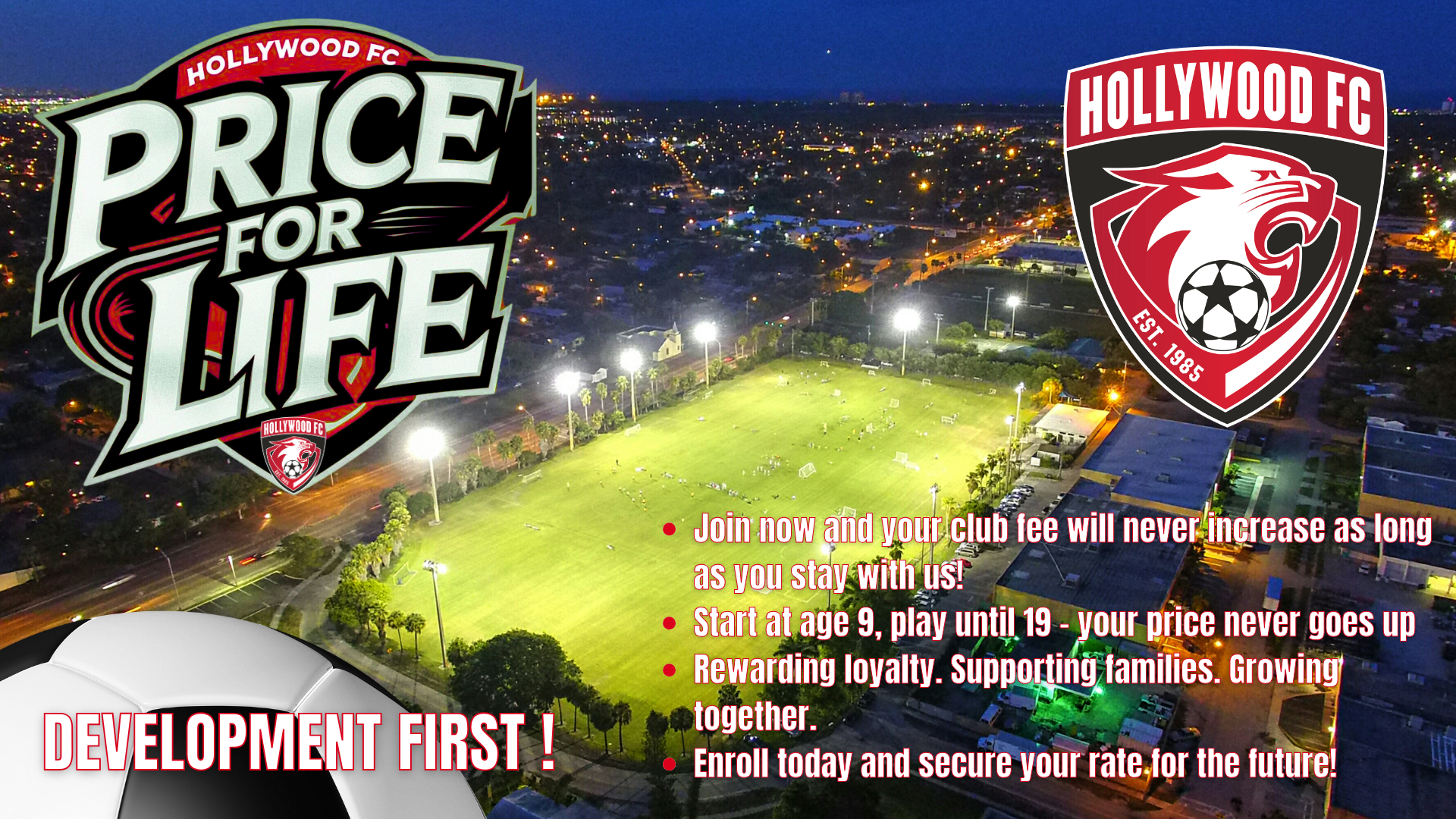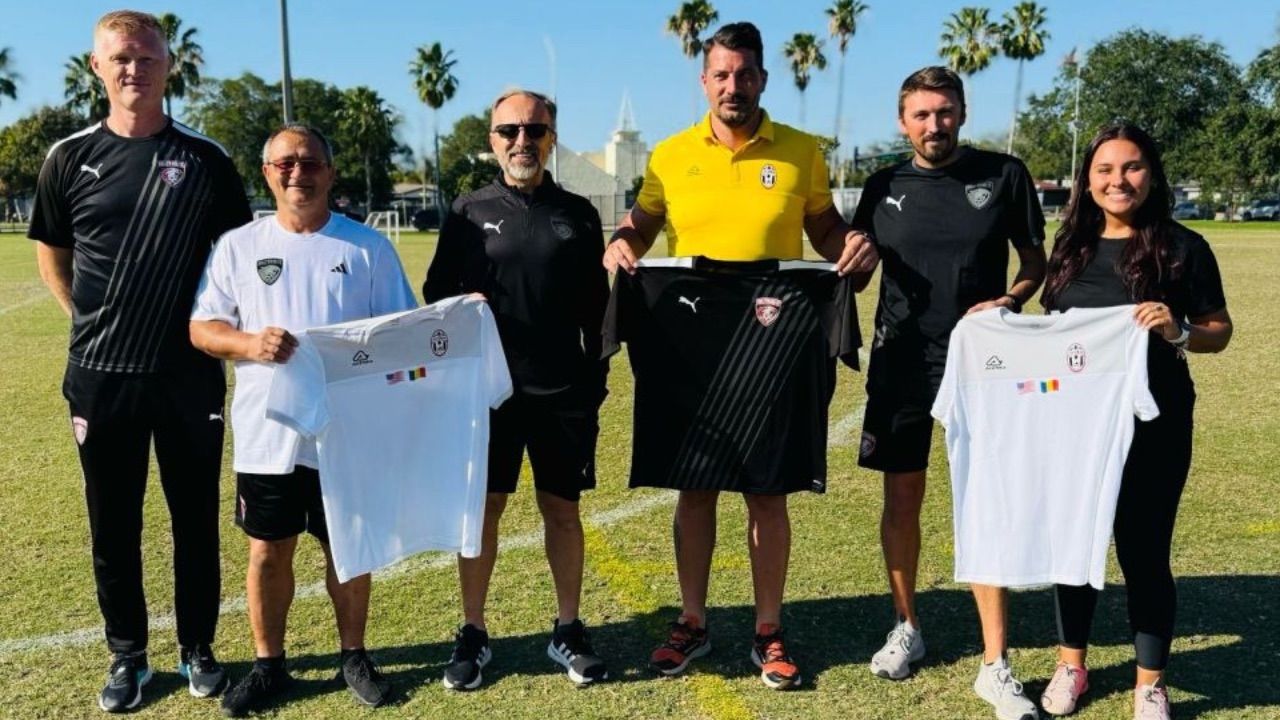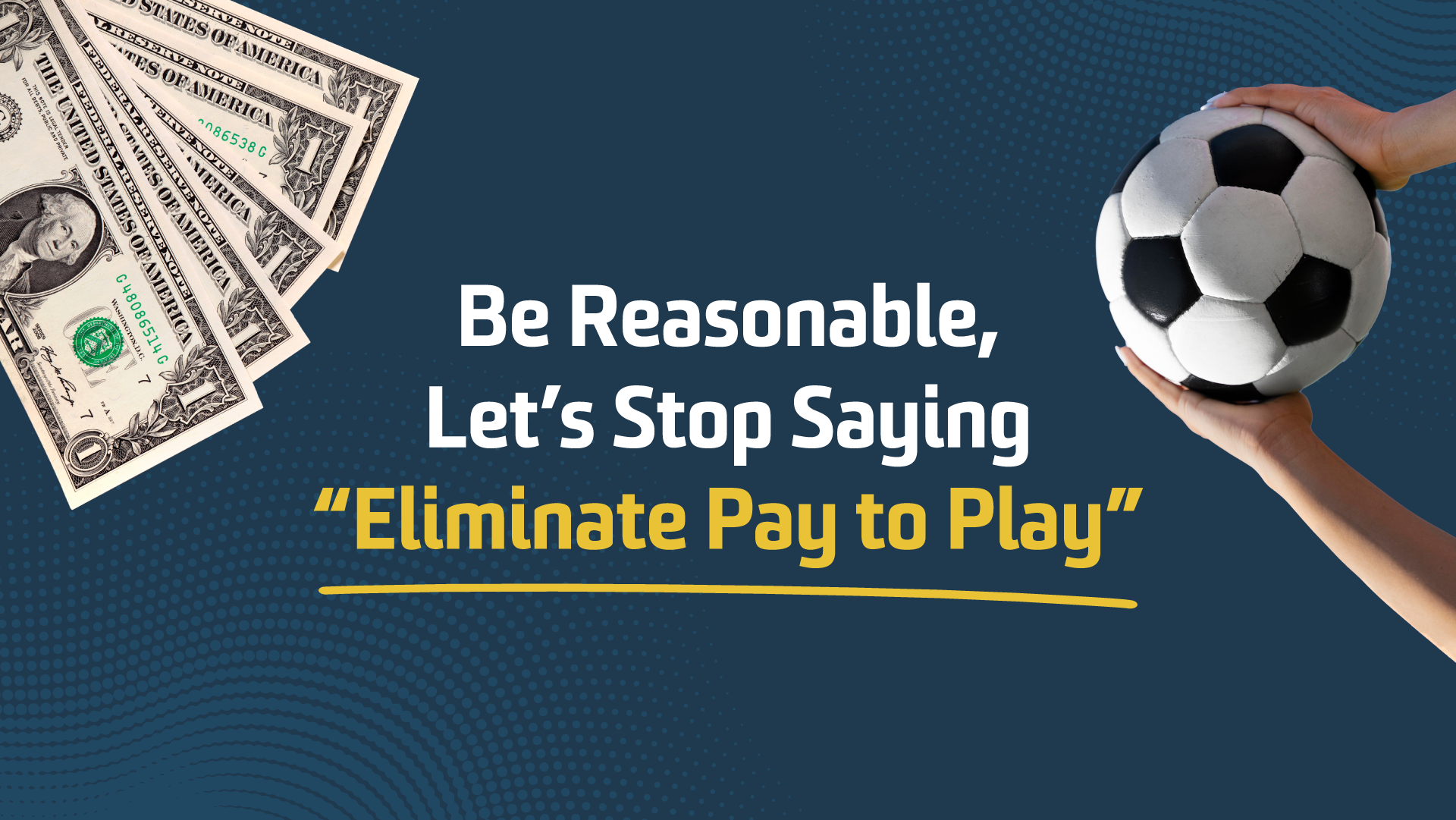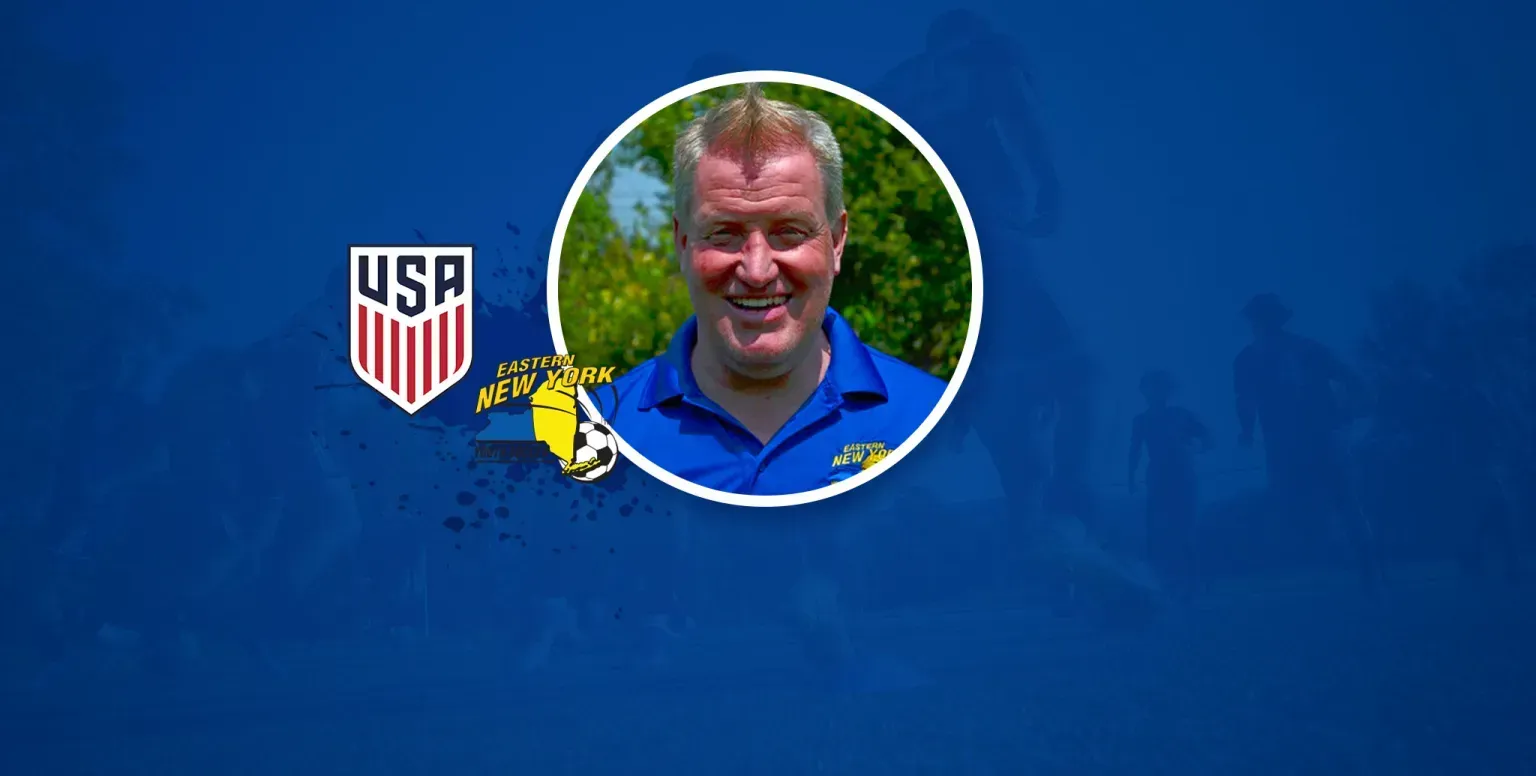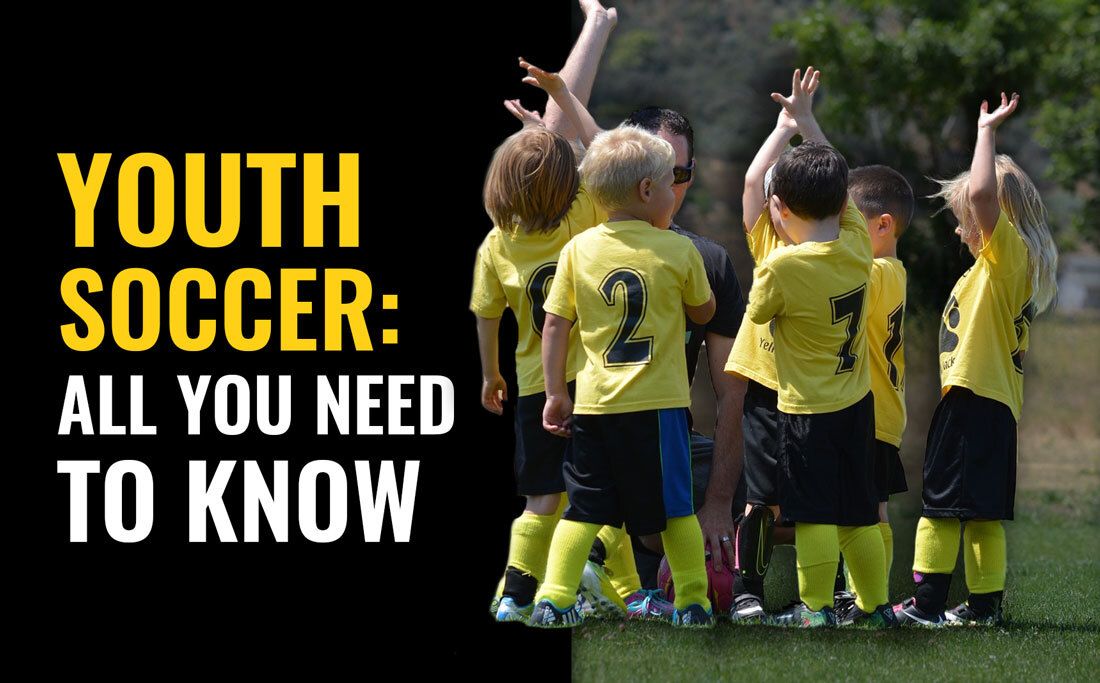Maximizing Youth Soccer Player’s Potential at Tryouts
The Three Most Important Tips for Success

| “Parents want to help their kids do well at soccer tryouts.Here is my Step By Step GUIDE.” |
Youth soccer tryouts can be a frustrating experience for the whole family — and some players do better than others — because their parents are more familiar with the process and know what coaches look for.
Speaking to all parents of youth soccer players — here is what one of America’s top youth coaches thinks you want to know so you can help your kid.
Dear Soccer Parents,
For a moment – let’s all revisit our past, can we recall what it felt like the moments before a try-out?
For those who did not play sport growing up, maybe it was an audition for an acting or singing role.
I am sure you have a memory at some point where you felt extreme pressure knowing your performance in that moment would dictate success or failure.
I can recall so many of these moments as a child, and now I look back at them I can also say that my preparation for these moments was not anywhere near what it could and should have been.
Having coached youth soccer players for the last twenty-four years, I often watch young players come to tryouts without the correct guidance and proper preparation.
So how can the parent help the young soccer player?
We need to understand that the young player needs to prepare their body just the same as any other older athlete.
Lets make this simple:
- Be prepared for success — The role of the parent is to make sure that their child eats properly, is well rested and stays hydrated!
- Make a memorable impression — Prepare your youth soccer player to be able to engage with the new coach.
- What does a coach look for? Improve your player’s evaluation as much as possible during the try-out process.
Here are the basic recommendations:
#1 Nutrition, Hydration & Rest:
- Please – keep them away from the fast food joints!
- Make sure they get the correct amount and type of macro (carbs, proteins and fats) and micro (fruits & vegetables) nutrition.
- Limit the amount of processed foods they are eating and cut out all foods containing high fructose corn syrup, food colorings and trans fats.
- Make sure they are drinking a good amount of water on a daily basis days before the tryout.
- Set specific bed times and morning wake up to ensure that they get the correct amount of sleep their body needs for repair and growth.
Basically fuel your youth soccer player for his or her optimum performance, recovery and protection.
#2 Prepare your child to be able to engage with the new coach.
We are living in an era where parents are wrapping their kids up in cotton wool, protecting them from anything that puts them out of their comfort zone. One aspect that is tough for a young kid — especially in the modern world of social media — is communication. Often communicating with a figure heads, such as a new coach, can be riddled with hesitation.

How can parents help their youth soccer player to communicate with a soccer coach?
Rather than taking on the responsibility of assuming the leading role in the first meeting on the field with the coach, can you teach your child to take this role?
A child, who is attending a try-out who can approach the coach, introduce themselves, tell them their strengths and that they are excited to show the coach what they can do, has now excelled in the 1 st impression and implanted a seed within the coach to be aware of the player from the start. Good communication is key for a first introduction.

#3 Prepare your child —Have a plan to control their performance as much as possible during the try-out process.
It is important to prepare your child, speak with your youth soccer player before the try-out and help them be successful.
Players need to tick off the following boxes of performance:
Attentiveness
Listen stay engaged and try, to the best of their ability to follow the training drills and overall requests from the coach. Make the coach aware that you are focused and can learn quickly.
Desire
Let your desire to play be seen by the coach, Leave everything on the field from start to finish.
BE WILLING TO RUN FASTER, RUN FURTHER, TACKLE HARDER AND JUMP HIGHER.
Ability
The job of the parent is to first be realistic in where their child is at the current time of the try-out. Are you placing them into a cauldron of ability that is way beyond where they currently are?
PARENTS MUST MAKE SURE THEIR PLAYER IS TRYING OUT AT THE APPROPRIATE LEVEL.

Ask for guidance on this from other coaches and peers, don’t let just your opinion take the lead. Once you have determined that the team and ability level is correct for your child, you now must give them confidence.
Remind your player of his or her strengths by getting them to tell you what they are good at.
- Remind them that they should display these strengths within the try-out.
- Remind them to take each play as a single play, succeed or not, it will be in their best interests to quickly forget about that play and move to the next one.
- Being able to focus on one play at a time during the session will help them stay in a performance-focused mindset.
Players who can stay focused on their performance throughout the entire session — and not react to each and every outcome of every play — will have a better chance of success.

To Recap:
The reality is, success within the try-out will always be on the shoulders of the young player, however we as adults — parents and coaches — must take greater responsibility in giving them the best possible chance to succeed!
- Treat them like an athlete – educate them in good nutrition and sleep.
- Teach them to communicate with some simple lines of communication to interact with the coach and leave a great 1 st impression.
- Guide them towards a plan so they can execute their skills to the very best of their ability staying focused on what they control, which is their performance in each and every play throughout the session.
The outcome of the try-out will be important to the player, but as parents, you will also understand the life lessons learned from the try-out environment.
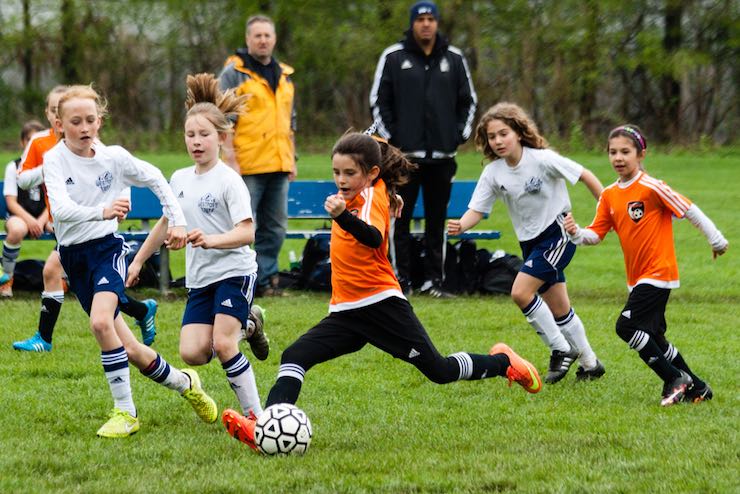
These sessions are of key importance in developing the future generation of leaders going out to make a difference in a positive way to the world!
Good luck — remember to love the game, and thank you for your time and desire to help your child be successful at tryouts.
Lloyd
SoccerToday’s columnist Lloyd Biggs isan outstanding coach whose passion and dedication for player development is well known. Biggs is the technical director for one.Soccer Schools which has trained 4,000 youth soccer players all across the USA. Also a youth coach for Real So Cal , Lloyd holds his UEFA ‘A,’ USSF ‘A’ and NSCAA Premier licenses, as well as a degree in sports science.
